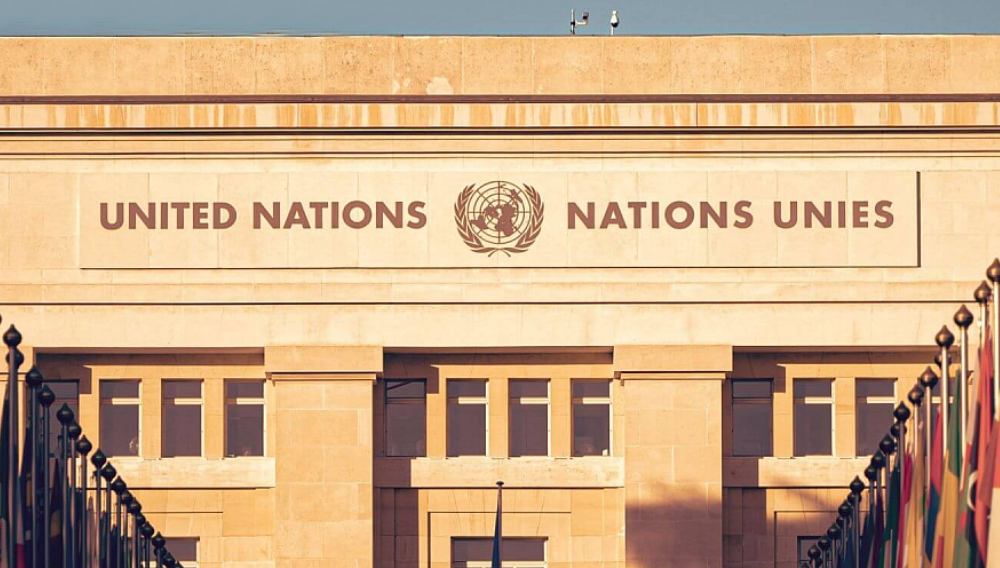In the fall of 1949, the Chinese nationalist government or so-called Kuomintang government had to admit defeat in the civil war against the Chinese Communists led by Mao, who were backed by the Stalinist Soviet Union. On October 1, Mao Zedong proclaimed the establishment of the People’s Republic of China, declaring it the successor of the nationalist government overthrown over all of China.
Only the island of Taiwan and many other small islets remained in the hands of the Kuomintang and in early December the nationalist government led by Chiang Kai-shek and about two million of their supporters moved to Taiwan.
At first it seemed that the latter nationalist position would soon fall, but in 1950 the Korean War broke out, a direct military confrontation between Communist China and the United States, and President Truman sent the US Navy to prevent a possible landing of the Red China in Taiwan.
But another important position remained in the hands of Chiang Kai-shek: the representation of China at the United Nations. Chiang, the internationally recognized head of the Chinese government during World War II and one of the leaders of the anti-Hitler coalition, had participated in the formation of the UN from the beginning and signed the founding charter of the organization in 1945. All ‘ beginning of the Cold War, in which Communist China was initially a reliable ally of the Soviet Union, the Americans blocked all attempts to get Beijing representatives to the United Nations.
Thus a paradoxical situation arose when China, whose population – the largest in the world – was rapidly approaching 600 million at the time, was not represented at the United Nations.
It may be added that the population of Taiwan in the mid-1950s was about 10 million. This situation remained for more than twenty years until October 25, 1971, when the United Nations General Assembly adopted resolution no. 2758.
After 1960, Albania, the most reliable ally of the People’s Republic of China, regularly submitted draft resolutions to the UN that intended to deprive Chiang Kai-shek’s representatives of the organization and give it to the Chinese Communists. Initially, the Americans managed to block these efforts, but gradually the situation in the world changed. With the disintegration of the colonial empires, more and more countries were admitted to the United Nations, many of which sympathized with the People’s Republic of China. In this case, the thaw in relations with the Soviet Union after Stalin’s death benefited the Chinese.
Beijing was no longer satisfied with the role of Moscow’s “little sister” on the international stage, it sought to create its own independent policy and rather play the first violin among the so-called “Third World” countries, which in reality did not want to be allies of the Soviet Union or the United States. After all, it appears that an influential and independent China as a counterweight to the Soviet Union in Eurasia is also better suited to the global game of American diplomacy. In the deciding vote of the UN General Assembly, the American “against” rather wanted to demonstrate consistency, since it is significant that almost all NATO countries, including Great Britain and Canada, voted “in favor”.
Highlight the text and press Ctrl + Enterto send the text fragment to be corrected to the editor!
Highlight the text and press Report a bug buttons to send the text fragment to be corrected to the editor!

:quality(70)/cloudfront-us-east-1.images.arcpublishing.com/gruponacion/IL7NHAQXPNFMTOD6SV75RZWXJA.png)
